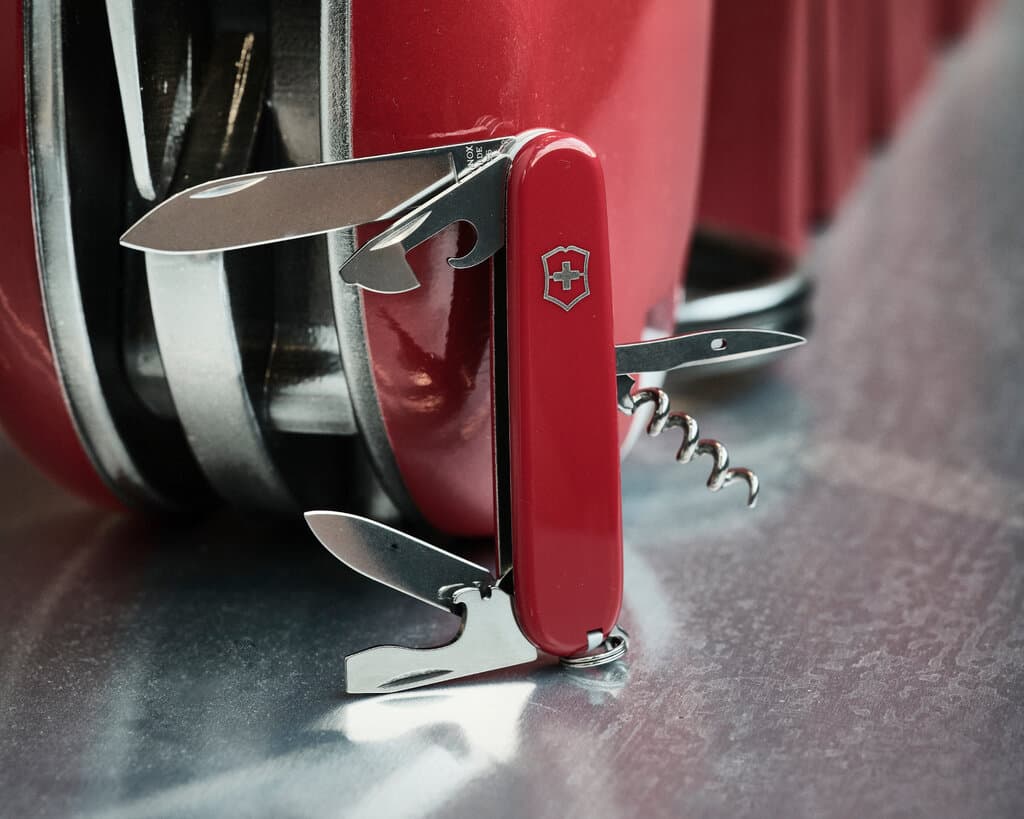US Tariffs Drive Swiss Army Knife Import Costs to Nearly 44%, Sparking Industry Concern

New tariffs imposed by the United States have pushed the total import cost for Swiss Army Knives to nearly 44%, alongside additional duties on their steel and aluminum content and increased bureaucratic hurdles. This significant increase, highlighted by trade policy expert Scott Lincicome, has created substantial challenges for Swiss manufacturers, particularly Victorinox, the iconic maker of the multi-tool.
"US tariffs on Swiss Army Knives are now almost 44%, PLUS additional tariffs (and 'tremendous bureaucracy' costs) on their steel/aluminum content. Brilliant stuff," Scott Lincome stated in a recent tweet.
The core of the issue stems from a 39% import tariff on Swiss goods, implemented by the Trump administration. This tariff, described by Victorinox CEO Carl Elsener Jr. as a "shock," is the highest levied on any Western country and significantly escalates the previous 4.5% duty. When combined with existing steel tariffs, the total import tax burden reaches approximately 44%.
Victorinox, which generates 13% of its revenue in the U.S. market, faces an estimated $13 million U.S. import tax bill next year if the tariffs persist. The company has maintained U.S. prices by utilizing existing inventory but anticipates potential price hikes in 2026. Beyond the financial strain, the new regulations have transformed once-simple customs procedures into a "Kafkaesque ordeal," according to Elsener.
The tariffs are also affecting the broader Swiss export economy, with industries from watchmaking to chocolate facing pressure. EconomieSuisse, a lobbying group for Swiss businesses, emphasized that a swift agreement to reduce tariffs is essential. Victorinox is exploring options, including moving final processing stages like cleaning and packaging to the U.S., to mitigate the tariff impact, though the company insists the core product must remain "Made in Switzerland."